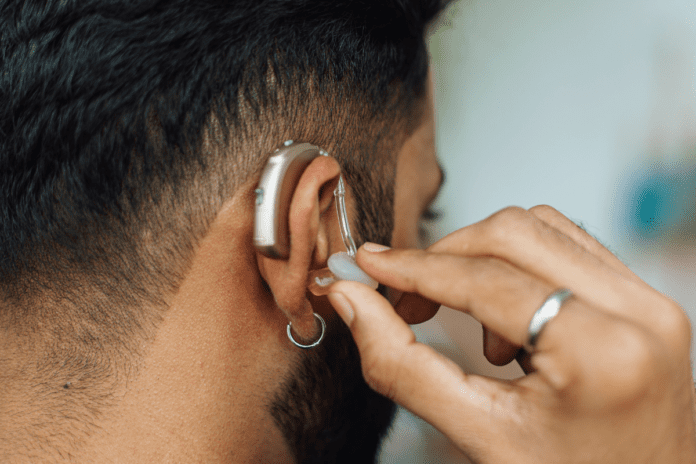If you have been recently diagnosed with hearing loss, or you have been living with it for some time and find that your old devices don’t meet your needs anymore, then you might want to start scouting the market for new hearing aids. However, there are so many devices out there that it can be legitimately overwhelming to start searching for some. Here, we’re going to look at what you need to know about navigating that market, and how you can ensure that you get the devices best suited to your needs.

What’s your level of hearing loss?
The first and most important criteria to ensure that hearing aids are going to meet your needs is to ask whether or not they are able to provide the level of amplification that fits with your level of hearing loss. Some types of devices are better suit to different degrees of hearing loss. For instance, behind-the-ear devices are often recommended for people with mild-to-profound hearing loss, while in-the-ear devices are more commonly suggested for people with moderate-to-severe hearing loss. Each device has their own range they work well with, but narrowing it down can help you focus on those most likely to help you.
What features do you need?
You need to consider not only your degree of hearing loss, but the kind of environment and situations that you’re going to be wearing your hearing aids in. Take the time to go exploring advanced hearing aid features to see which might fit your needs. For instance, a directional microphone in your device might help you better understand speech if your day-to-day life and work requires you to regularly converse with people. People who spend a lot more time outdoors might benefit more from wind noise reduction features. There are all manner of features that can greatly impact the quality of life improvements offered by your hearing aids.
Rechargeable or disposable?
Given how common the need for hearing aids is, it should be no surprise that there are also devices that are designed to be bought more cheaply and quickly to suit your needs. Disposable hearing aids are becoming more popular as a budget option but, in reality, you might only want to rely on them for emergency needs, such as when you’re waiting for replacements. Having to continuously buy them can make them become more expensive than regular hearing aids in no time.
Should you buy online?
Similarly, some people opt to buy their hearing aids online because it’s cheaper and more convenient. However, when you buy devices online, you aren’t going to get a good idea of whether or not they really fit your ears. What’s more, you don’t get the assistance that an audiologist can offer in ensuring that your device is programmed to best meet your hearing needs.
If you need hearing aids, it’s almost always a better idea to choose them with the help of an audiologist. Not only can they help you select the pair that’s best suited to your needs and budget, but they can help you program it and learn how to use it more effectively.







